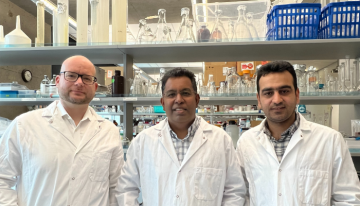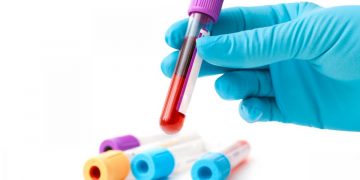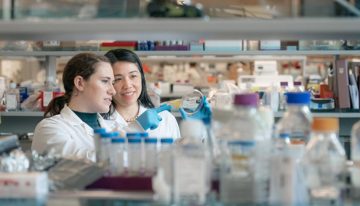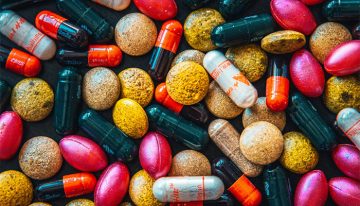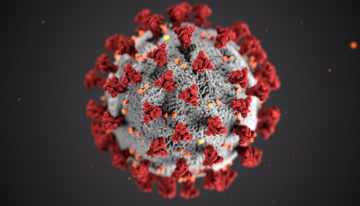UBC enzyme technology clears first human test toward universal donor organs for transplantation
This article was originally posted on the UBC News website and reposted here. UBC-developed enzymes successfully converted a kidney to universal type O for transplant, marking a major step toward faster, more compatible organ donations. The first successful human transplant of a kidney converted from blood type A to universal type O used special enzymes […]
Unlocking a mystery: How a healthy microbiome protects babies from chronic inflammation
This story is re-published from the Canadian Institutes of Health Research website. Photos credited to Phillip Chin. Link to original story: https://cihr-irsc.gc.ca/e/54370.html. Why does a sanitized environment protect us from infections but seem to increase the chances of developing chronic inflammatory diseases such as asthma and eczema? Why does exposure to some bacteria appear to […]






